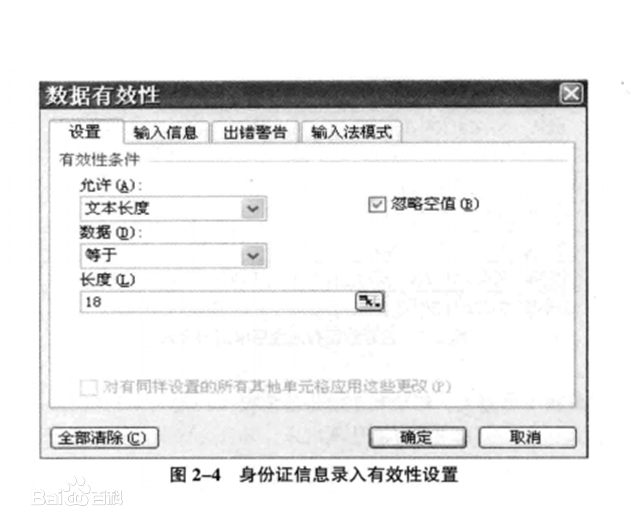Applications in the smart industry domain, such as interaction with collaborative robots using vocal commands or machine vision systems often requires the deployment of deep learning algorithms on heterogeneous low power computing platforms. The availability of software tools and frameworks to automatize different design steps can support the effective implementation of DL algorithms on embedded systems, reducing related effort and costs. One very important aspect for the acceptance of the framework, is its extensibility, i.e. the capability to accommodate different datasets and define customized preprocessing, without requiring advanced skills. The paper addresses a modular approach, integrated into the ALOHA tool flow, to support the data preprocessing and transformation pipeline. This is realized through customizable plugins and allows the easy extension of the tool flow to encompass new use cases. To demonstrate the effectiveness of the approach, we present some experimental results related to a keyword spotting use case and we outline possible extensions to different use cases.
翻译:智能产业领域的应用,例如与使用声控或机器视觉系统的协作机器人的互动,往往需要在不同不同的低功率计算平台上部署深层次的学习算法。软件工具和框架的可用性可以支持在嵌入系统上有效实施DL算法,减少相关努力和成本。接受框架的一个非常重要的方面是其可扩展性,即是否有能力容纳不同的数据集和界定定制的预处理,而不需要先进的技能。该文件涉及模块化方法,纳入ALOHA工具流程,以支持数据预处理和转换管道。这是通过可定制的插件实现的,使工具流程的简单扩展能够包括新的使用案例。为了证明该方法的有效性,我们提出了一些与关键点点使用案例有关的实验性结果,并概述了我们可能对不同使用案例的扩展。
相关内容
- Today (iOS and OS X): widgets for the Today view of Notification Center
- Share (iOS and OS X): post content to web services or share content with others
- Actions (iOS and OS X): app extensions to view or manipulate inside another app
- Photo Editing (iOS): edit a photo or video in Apple's Photos app with extensions from a third-party apps
- Finder Sync (OS X): remote file storage in the Finder with support for Finder content annotation
- Storage Provider (iOS): an interface between files inside an app and other apps on a user's device
- Custom Keyboard (iOS): system-wide alternative keyboards
Source: iOS 8 Extensions: Apple’s Plan for a Powerful App Ecosystem




